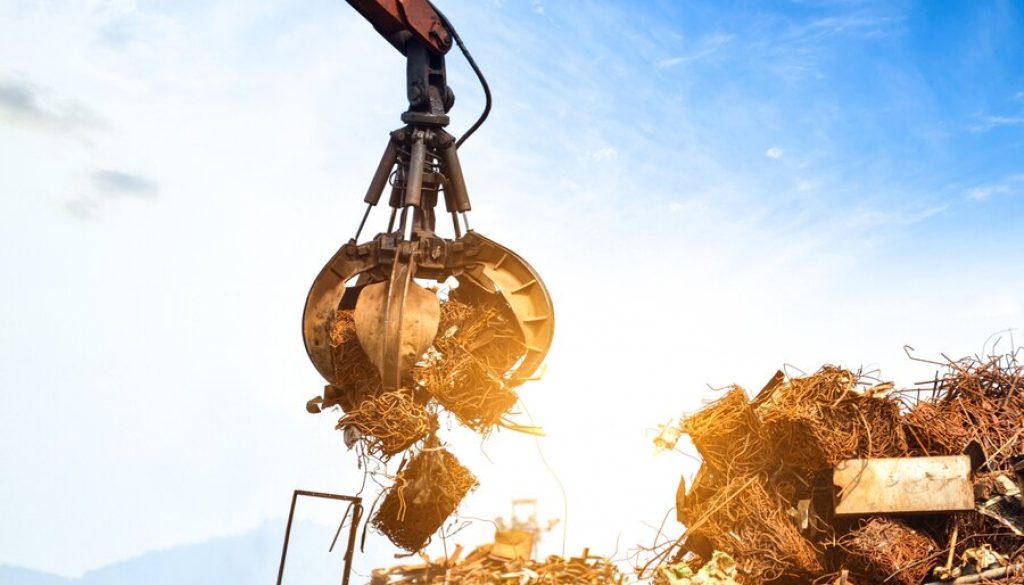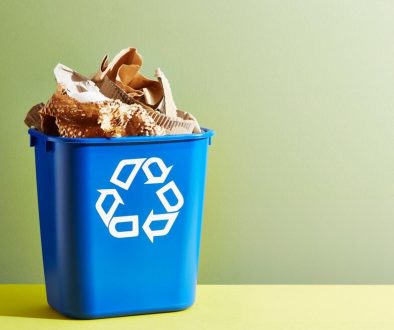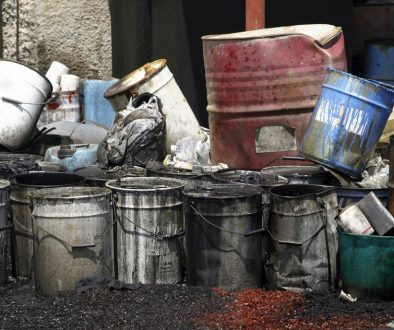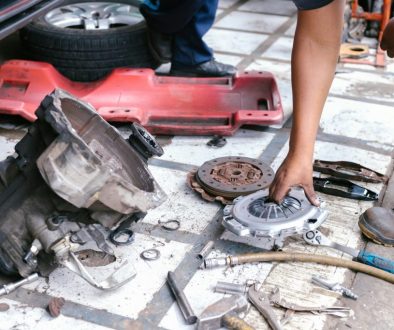Effective waste management practices play a crucial role in the success of any construction project, impacting efficiency, safety, and environmental sustainability. For construction companies, managing waste responsibly involves partnering with a reliable commercial skip hire service that shares their commitment to eco-friendly practices such as recycling, hazardous waste disposal and the use of aggregates where possible. As a family-run skip hire and aggregate company servicing Staffordshire, our goal is to provide construction firms with practical guidance and tailored solutions for efficient, sustainable waste management.
Join us as we explore the intricacies of waste management in construction projects, discussing how commercial skip hire services can help companies fulfil regulatory compliances, promote environmental sustainability, and contribute to a cleaner, eco-conscious future. By adopting responsible waste management practices on construction sites, companies can optimise efficiency, reduce costs and demonstrate their commitment towards preserving our planet’s natural resources.
1. Choosing the Right Skip for Construction Waste
Selecting the appropriate skip for your construction waste can greatly impact the efficiency and environmental impact of your project. Consider the following factors when determining the right skip for your construction site:
- Skip size: Evaluate the volume and type of waste generated by your project and choose a skip size accordingly. Skips come in a variety of sizes, and selecting the right one can help reduce costs by avoiding under or over-utilisation of storage capacity.
- Waste type: Certain construction waste materials may necessitate specialised skips or additional services. For instance, heavy waste such as bricks and concrete may require a different type of skip than lighter debris.
- Accessibility: Evaluate the available space for skip placement, ensuring easy access for both loading and collection. Consider potential obstructions, like uneven terrain or limited space that may impact accessibility.
2. Implementing Effective Recycling and Segregation Procedures
Efficient waste segregation and recycling on construction sites contribute to a more sustainable, eco-friendly approach to waste management. Keep the following tips in mind when implementing recycling and segregation on the job site:
- Create a waste management plan: Develop a clear plan outlining how different waste materials will be separated, stored and disposed of, ensuring the entire team is well-informed.
- Use labelled receptacles: Provide dedicated containers for recyclable materials that are correctly labelled to help workers identify where different types of waste should be disposed of.
- Collaborate with recycling-focused skip providers: Partner with a skip hire company that prioritises recycling, ensuring that collected waste is responsibly and efficiently processed.
3. Hazardous Waste Management on Construction Sites
Proper management and disposal of hazardous waste are essential to the safety and environmental responsibility of any construction project. Follow these guidelines for handling hazardous waste materials on the job site:
- Identify hazardous waste: Familiarise yourself with the types of hazardous waste commonly found on construction sites, such as asbestos, chemicals, batteries, and contaminated soil.
- Safe storage: Store hazardous waste materials in designated, secure containers or areas, minimising the risk of leaks and contamination.
- Licensed disposal services: Work with a skip hire and waste management company that is licensed to handle hazardous waste, ensuring compliance with regulations and safe transportation to treatment facilities.
4. Incorporating Aggregates in Construction Waste Management
The use of aggregates sourced from waste materials can significantly contribute to reducing the environmental impact of construction projects. Here’s how incorporating aggregates can benefit both the environment and your bottom line:
- Resource conservation: Aggregates repurposed from construction waste reduce the demand for virgin resources, contributing to the preservation of natural resources.
- Landfill diversion: By utilising aggregates for construction projects, waste is diverted from landfills, minimising the negative impact on the environment.
- Cost savings: Using recycled aggregates can reduce costs for purchasing new materials, proving to be an economical and sustainable choice for construction projects.
5. Circular Economy Principles in Construction Waste Management
Embracing circular economy principles offers a holistic approach to construction waste management, aiming to minimise waste generation and maximise resource efficiency throughout the project lifecycle. Explore the following strategies to integrate circular economy principles into construction site waste management:
- Design for deconstruction: Incorporate design principles that prioritise easy disassembly and material recovery at the end of a building’s life cycle. By designing for deconstruction, construction materials can be reclaimed and reused, reducing the need for virgin resources and minimising waste generation.
- Material reuse and repurposing: Implement strategies to salvage and repurpose construction materials from demolition sites or renovation projects. By reusing materials such as timber, bricks, and metals, construction companies can extend their lifespan and minimise the environmental impact associated with new material production.
- Collaborative supply chain partnerships: Forge partnerships with suppliers, subcontractors, and recycling facilities to create closed-loop systems for materials management. By collaborating across the supply chain, construction companies can facilitate the efficient exchange of materials, promote resource recovery, and minimise waste sent to landfills.
Conclusion
Effectively managing construction waste is crucial for the success of any building project, with long-lasting implications for efficiency, safety, and the preservation of our environment. By selecting the right skip, adopting efficient waste segregation and recycling practices, and responsibly handling hazardous materials, construction companies can reduce costs, optimise waste management processes, and contribute to a cleaner, greener future.
If you need expert advice and tailored solutions for efficient, sustainable waste management on your construction site, Enviro Skip Hire is here to help. Contact us today to discuss your requirements and discover how we can support your project’s success and environmental responsibility. Choose a skip hire near you today.




